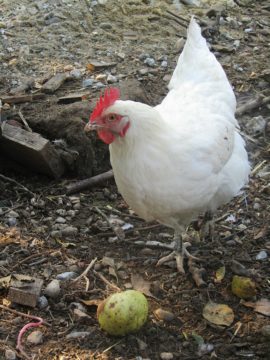Naming

by Eric Bies I picture the LORD God as a child psychologist—very much of a type, vaguely professorial, plucked from the ’50s. Picture him with me: shorn and horn-rimmed, his fingernails immaculate, he’s on his way to a morning appointment. As he kneels in the garden to tie his shoe, his starched white shirtfront strains…
Losing
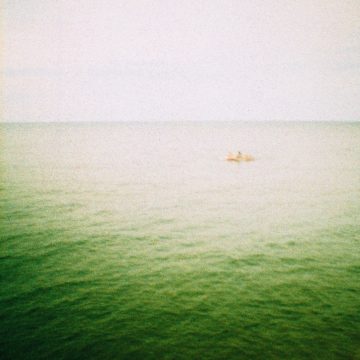
by Eric Bies There may be no concept so alluring in all of science fiction than that of time travel. We are undoubtedly drawn to alien species and places in space—moons to colonize, asteroids to mine. But even freakish beings and far-off worlds, however remote, have always smacked a little too much of our own…
My Father is Full of Stories
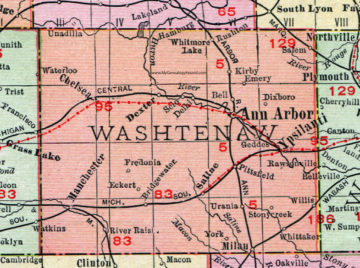
by Eric Bies But—let’s be honest—to me he’s Dad. It’s just the sentence seems better how I have it up there in the title, more satisfying given its slight alliterative lilt, more interesting, rhythmically, to frustrate what otherwise would render as absolute sing-song. My father is full of stories. He grew up on a modest…
Pausing

by Eric Bies I think of Pearl S. Buck and end up thinking of William F. Buckley. I think of The Good Earth—of hovels unworthy of Frankenstein’s monster and a palace sacked in smoke, its shriveled matriarch glued to an opium pipe—and end up thinking of Firing Line. Clicking over to YouTube, typing, hitting enter,…
Not Another Lamb

by Eric Bies Everyone is talking about artificial intelligence. This is understandable: AI in its current capacity, which we so little understand ourselves, alternately threatens dystopia and promises utopia. We are mostly asking questions. Crucially, we are not asking so much whether the risks outweigh the rewards. That is because the relationship between the first…
The Constant Gardner

by Eric Bies On the night of July 13, 1977, the old god Zeus roused from his slumber with a scratchy throat. Reaching drowsily for the glass by his bedside, his arm knocked a handful of thunderbolts from the nightstand. Swift and white, they rattled across the floor to the mountain’s, his home’s, precipitous edge:…
A Piece of “A Piece of Chalk”
Iceland and the Reverend Egilsson

by Eric Bies Jules Verne sent Lidenbrock and Axel over—to crawl down the throat of a dormant volcano. W. H. Auden visited between wars and found the place wanting for souvenirs. “Of course,” he wrote, “one can always bring home little bits of lava for one’s friends—I saw the Manchester school-teachers doing this at the…
On Indices of First Lines

by Eric Bies There I sat (or stood (or, who knows, hovered )), trying to read Osip Mandelstam… (…not, to be sure, the early Stone poems; not the later Poems poems; not the Egyptian Stamp, not even the essay on Dante, but his final literary effort: cobbled together from the vantage of that characteristically Soviet…
Read, Write, Upload, Repeat: An Interview with Steve Donoghue

by Eric Bies There was a time when Google replied with images of and information about a world-class jockey, an Englishman born the same year Mark Twain published The Adventures of Huckleberry Finn. Lately, the results of the same query tend toward the man of our time, the subject of this interview. Call it a…
A Bit of Berthold Laufer
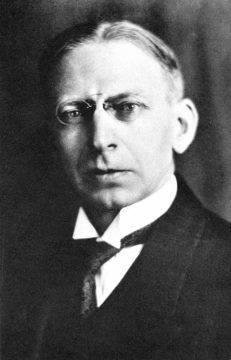
by Eric Bies In 1930, the German anthropologist Berthold Laufer published a monograph on the phenomenon of people eating dirt. A sinologist by training, Laufer’s study—“the evaluation of the whole question of geophagy”—begins with a trip through Ancient China, where for hundreds of years Han, T’ang, and Sung soil disappeared down eager gullets. From there,…
The Palace and the Water Lily
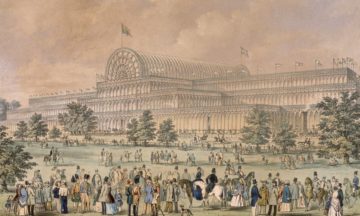
by Eric Bies May of 1851, London, the world’s first World’s Fair. Just about Anyone who was (or was bound to be) Anyone was in attendance at the Great Exhibition of the Works of Industry of All Nations—a mouthful—among them: Charles Babbage, Charles Darwin, and Charles Dickens; Charlotte Brontë, Lewis Carroll, and George Eliot; Karl…
Too Many Millets
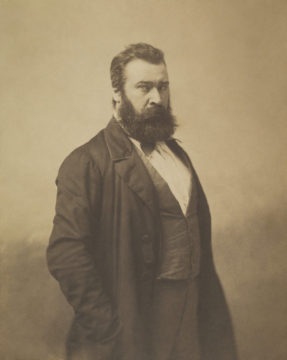
by Eric Bies Jean-François Millet, a Frenchman, frowned beneath his full beard as he lay dying in Barbizon. It was 1875, and he was not to be confused with Claude Monet—not yet—who would later paint water lilies and haystacks but wasn’t, in 1875, rich and famous; on the contrary—and in spite of Édouard Manet’s having…
Geoffrey Chaucer’s Birds
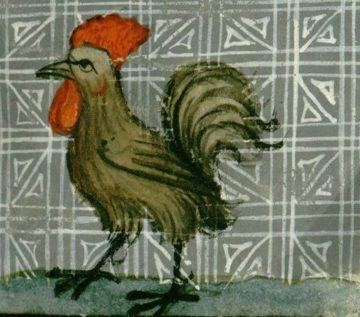
by Eric Bies Birds talk in Chaucer. Three of his twenty-four Tales of Caunterbury practically center on speaking beaks, and a long poem preceding these, the Parlement of Foules, may have been written with no better motive than the trial and joy of Englishing chirps and squawks. We are told up front in “The Nun’s…
A Few Dreams
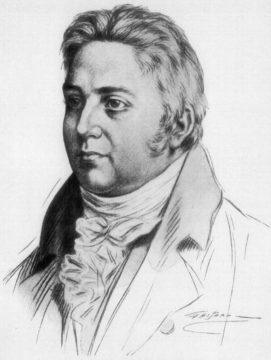
by Eric Bies In 1895, Ernest Hartley Coleridge published a volume of selections from his grandfather’s notebooks. Anima Poetae, the first such selection to be assembled, granted readers passage into the fantastic interior of the man, poet, and uncommon philosopher George Saintsbury would one day declare worthy of Aristotle and Longinus. Simply open the book…

